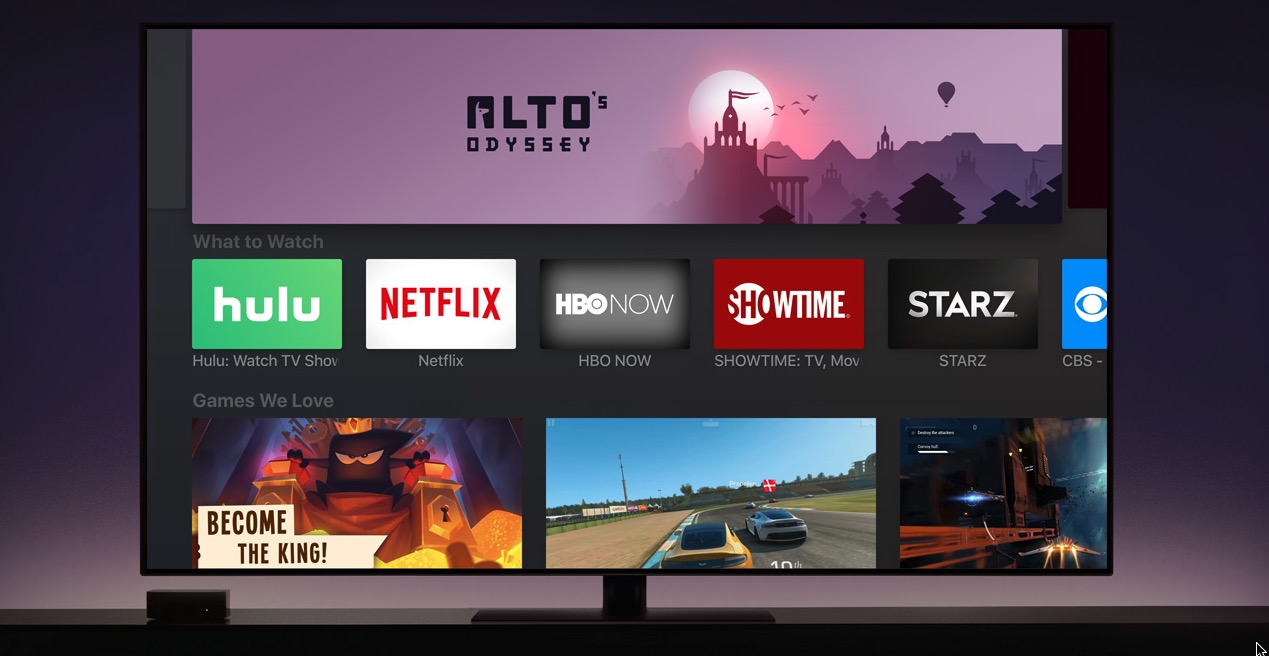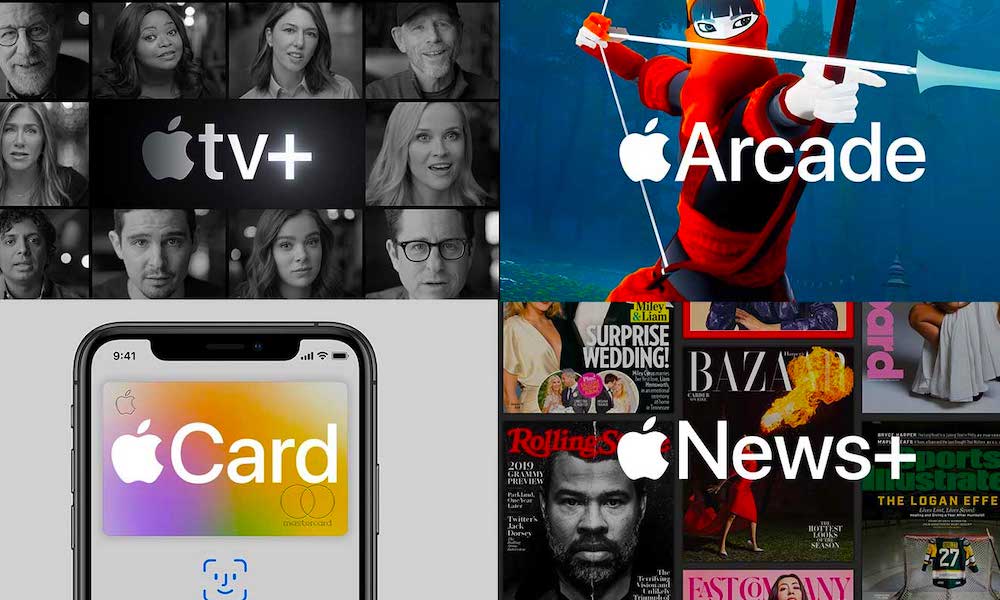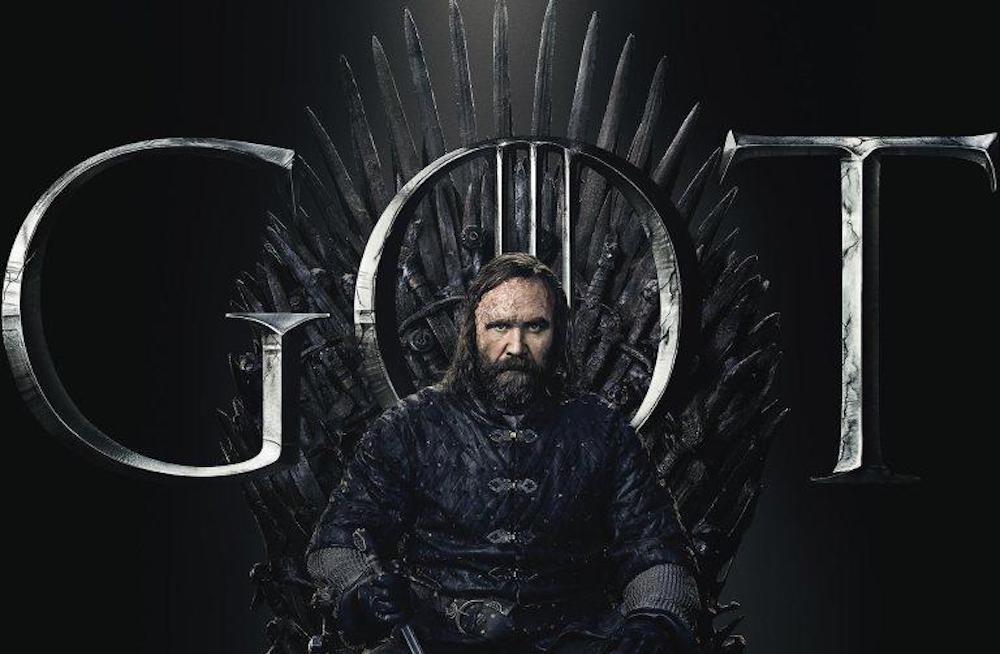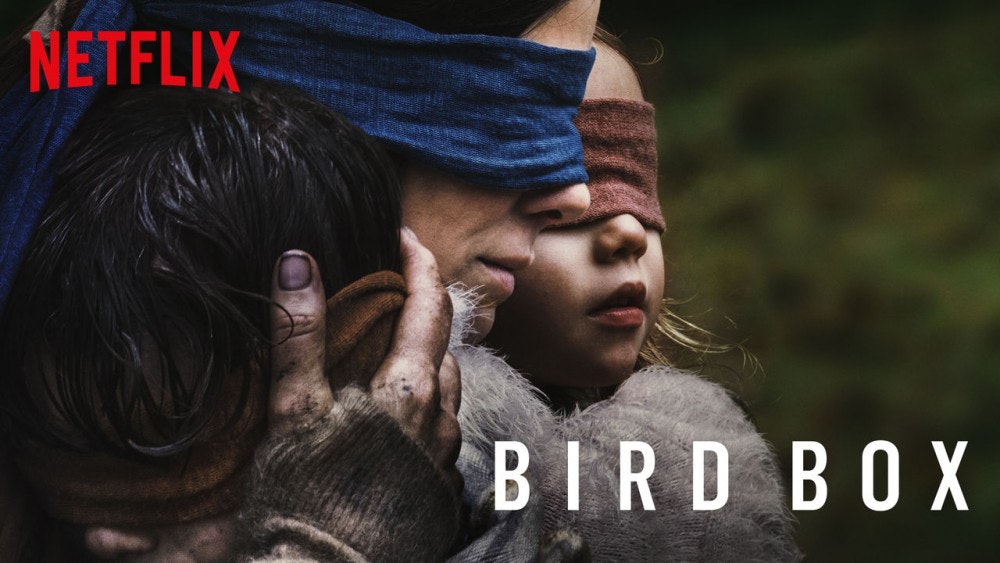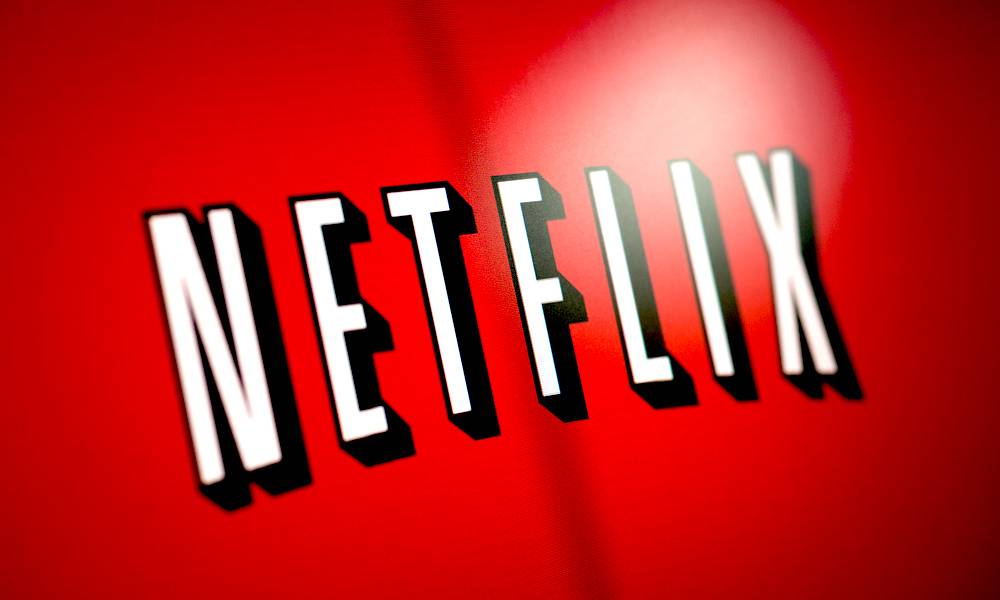5 Critical Lessons Apple TV+ Must Learn from Its Fiercest Competitors
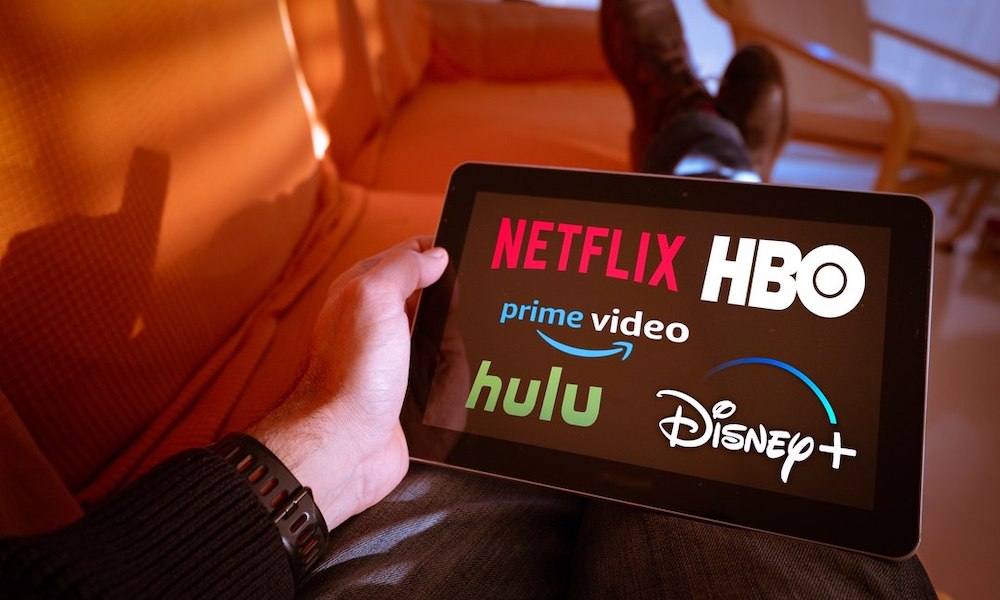 Credit: Ivan Marc / Shutterstock
Credit: Ivan Marc / Shutterstock
Toggle Dark Mode
Apple TV+ is coming. But at this point, we know so little about the platform that it’s hard to tell whether it’ll end up being a successful streaming service or a gimmick, however Apple needs it to be the former as hardware sales wane. That’s why Apple needs to take a critical look at players who have already mastered this game — its streaming competitors. To actually be successful, Apple needs to take a page out of the book of established players like Netflix and Hulu, as well as upcoming juggernauts like Disney+.
Subscription Fatigue Is Real – Apple TV+ Must Be Affordable
Whether the Apple tax really exists or not, it’s safe to say that Apple products aren’t cheap. When it comes to hardware, Apple has seen great success in the premium sphere. And Apple TV+ seems like it’s being positioned as a “premium” alternative to Hulu or Netflix.
But that could turn into Apple TV+’s downfall. People are already suffering from subscription fatigue. The last thing any consumer wants is a $19.99 a month streaming service with only a handful of TV shows — even if those shows are must-watch.
Apple needs to be smart with its pricing. The company obviously wanted to avoid any sticker shock by announcing a price too early. But the smartest thing for Apple to do is to price Apple TV+ extremely competitively. In an era of Hulu costing $5.99 and Disney+ set to launch at $6.99, Apple doesn’t really have much of a choice.
Bundles Are Necessary
A good price point is a great start. But Apple may be unwilling to make its premium offering seem less premium by pricing it too low. Yet, whether Apple TV+ costs $7.99 or $17.99, there’s an argument to be made that Apple should bundle some extra perks with it.
We’ve previously written why an “all-in-one” Apple services bundle could be a powerful force in the streaming and services industry. Apple may be better off not going toe-to-toe with Netflix or Disney+, and instead adopt a model more similar to Amazon Prime (with its Channels add-on).
Apple seems well-suited for this type of platform, too. It already offers a host of services, like Apple Music and Apple News+, that could easily be included in a bundle. Throw in iCloud storage and Apple Arcade, and the Cupertino tech giant might just have a platform that could scare its competitors.
Content Is Still King
Bundles are great, pricing is important. But streaming services live or die by the quality of their content. It doesn’t matter if Apple TV+ costs $1.99 a month (it won’t) if all of the shows suck. This, perhaps more than anything else, will be the key component of Apple’s streaming strategy.
It isn’t clear how Apple’s focus on “family-friendly” content will come into play, either. Just look at Game of Thrones – it’s the opposite of family friendly, but is arguably the most popular show on the planet today.
In any case, Apple is off to a good start when it comes to content — with high-profile names like Steve Spielberg, Jennifer Aniston, Reese Witherspoon and J.J. Abrams. It just can’t let its existing brand image get in the way of their ability to make great shows.
But Not All of Its Content Will Be Great
Apple has amassed a team of top-tier talent in the entertainment industry for Apple TV+. But that doesn’t guarantee that all of its shows will be great. In fact, Apple must take into account that some of the shows it’s working so hard on will be total flops.
Just look at Netflix as an example. Apocalyptic thriller “Bird Box” was a surprise hit. But another Netflix original in the same vein, “The Silence,” completely failed to amass critical or commercial success. That’s despite the fact that it featured high-profile names and “borrowed” previously successful ideas.
This is going to be an even greater concern for Apple, which will launch out of the gate with an overall smaller offering of original content than its competitors. Not all of them will be great, and Apple should learn from its rival’s failures.
Scaling Will Take A Lot of Time
Hulu was first launched in 2007. Netflix’s history stretches back a decade further, though it wasn’t a streaming firm then. All of this is to say that Apple is extremely late to the game when it comes to the streaming industry — and that doesn’t bode well for it.
Of course, you can could make the argument that Disney+ is also late to the game. But Apple is not Disney, and does not have a legion of loyal fans who will watch anything it makes. At least, not yet. Apple needs to employ smart strategies, like those mentioned on this list, to even make a dent.
On the other hand, Apple has more than a billion devices in the wild. That’s a powerful opportunity if Apple TV+ is attractive enough come launch time. The smartest thing Apple could do is give away its content for free on those devices, at least initially. Otherwise, it might be heard to steal eyeballs away from more established players.

